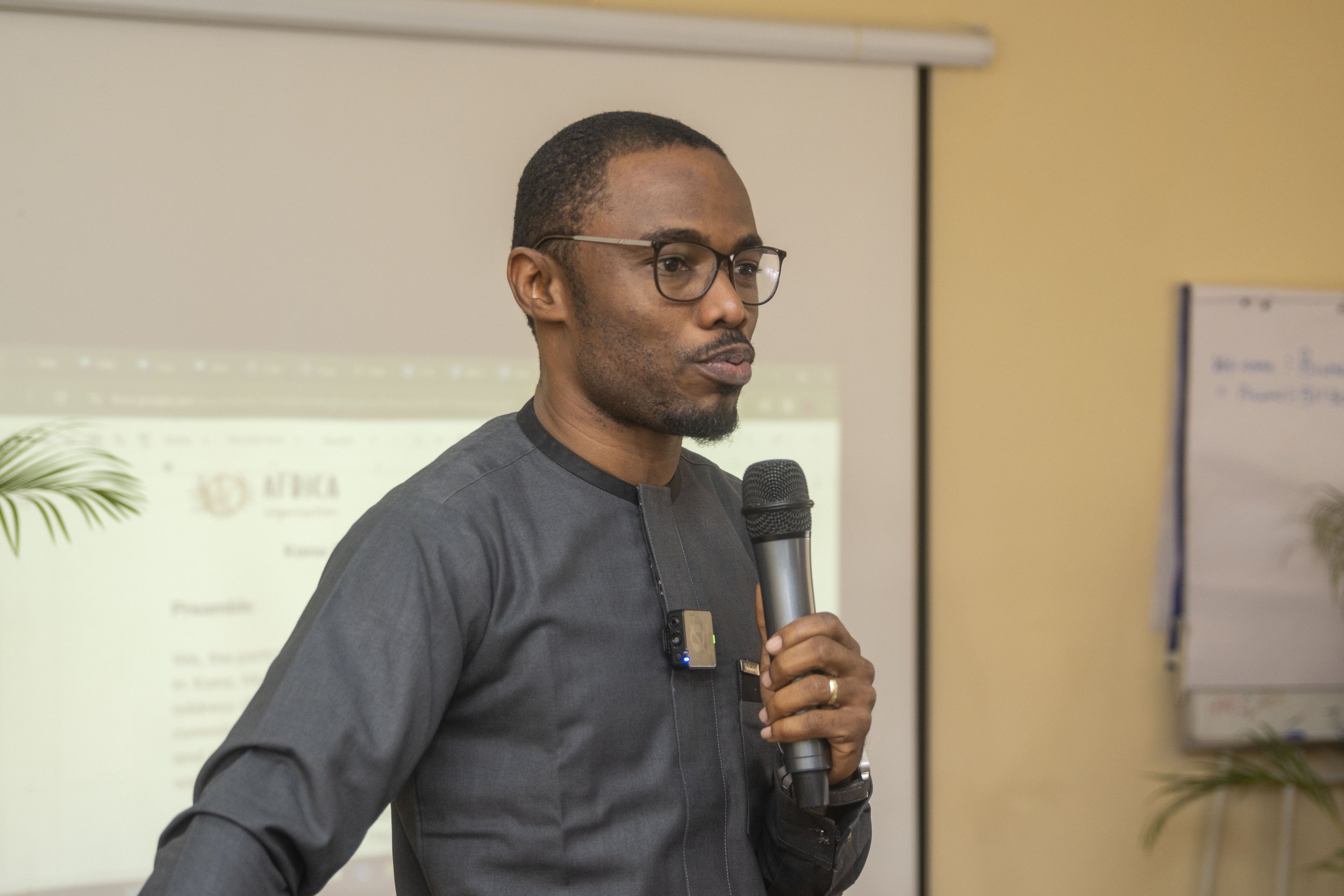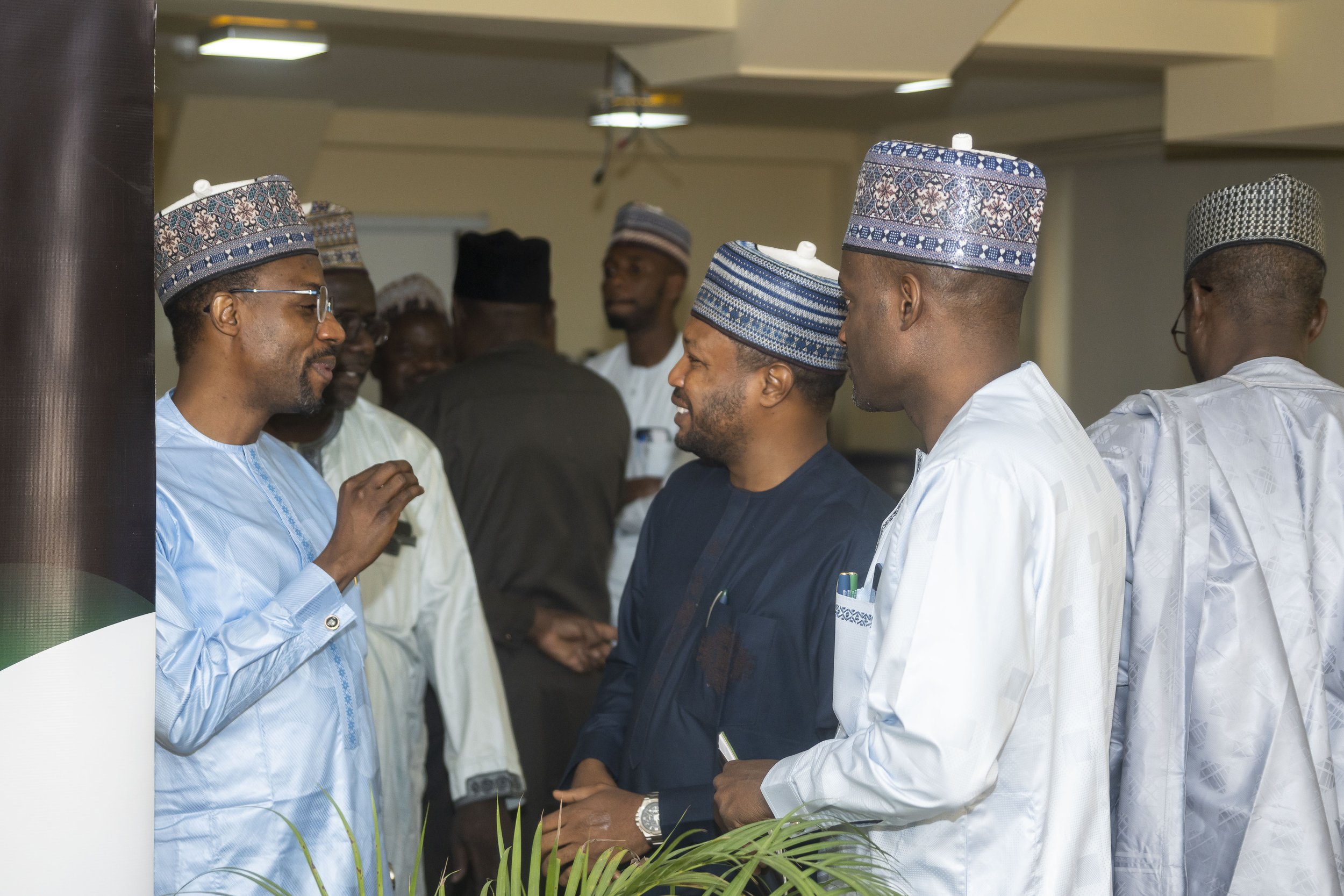5 Key Takeaways From the Northwest Summit on Climate Change and Why They Matter
In a region grappling with the harsh realities of climate change, the recent Northwest Summit on Climate Change facilitated by Surge Africa Organization in Kano, Nigeria, emerged as a glimmer of hope for an estimated 60 million people. Convening commissioners from seven Northwest states and environmental stakeholders, the summit yielded a series of milestones that signified the readiness and determination of a region to build a resilient future and safeguard the holistic health of the region. In this blogpost, we dive into what the key takeaways are and why they truly matter.
1. The Adoption of the Landmark Kano Declaration on Climate and Environment
The acknowledgement and commitment to tackling severe climate change effects such as desert encroachment, food insecurity, depleting soil fertility, climate security, floods, and high temperatures demonstrate a proactive stance by regional leaders that led to the signing and adoption of the Kano Declaration on Climate Change and Environment.
The Kano Declaration signifies a turning point in addressing climate change issues in the Northwest region. The declaration opens up pragmatic, systemic and innovative ways to tackle the environmental challenges afoot. Outlining a comprehensive seven (7) pledges spanning from biodiversity conservation to monitoring and reporting, the declaration captured a region's zeal and urgency to stand united in a collective commitment to a sustainable, resilient, and low-carbon future.
2. Climate Security: Protecting Lives and Livelihoods
The summit recognized and addressed the link between climate change and security threats, pledging investments in climate security. For instance, communities from Sokoto, Katsina, and Zamfara in the northwest region of Nigeria face a severe crisis due to insecurity and climate change. The understanding that the region faces a myriad of climate-related challenges, including desertification, erratic rainfall patterns, droughts, could exacerbate existing vulnerabilities and affect livelihoods, food security, and overall well-being of communities in the region was outrightly stated. With forward-thinking approaches, the parties understood that investing in climate action can be an opportunity to strengthen cooperation, rebuild trust, and mend the social fabric in fragile and conflict-affected settings. They can also work towards building a more resilient and sustainable infrastructure for the region's communities.
3. Mobilizing Financial Support for Climate Solutions in the Northwest Region
Nowhere in the world is implementing climate change solutions talked about without finance greasing its engine. Mitigation, adaptation, climate technology – all of it requires sufficient funds to function properly and to yield the desired results. On this vital aspect, the Northwest Summit on Climate Change laid the foundation for parties to agree to make a pathway for the mobilization and allocation of funds to support climate adaptation in the Northwest region. The funds will go into executing adaptation projects and assisting vulnerable communities in adapting to the consequences of climate change, such as flooding, drought, deforestation, extreme heat, and changing agricultural conditions.
State representatives and civil society organizations (CSOs) agreed to work towards establishing a State Climate Fund for adaptation projects, sourced from the states, national government and international financial mechanisms. To achieve this, they'll have to discover opportunities for securing grants, concessional loans, and investment streams through partnerships with experts organizations on climate finance access. Despite being one of the countries most vulnerable to the impacts of climate change, Nigeria has struggled to attract adequate financing to address the climate crisis. Thus the drive to mobilize climate finance for the region is sacrosanct in building resilient infrastructures and community resilience.
4. Protecting Biodiversity and Investing in a Balanced Rural Future
The commitment to biodiversity protection, through establishing protected areas and enforcing regulations, highlights the understanding that a healthy environment is vital for human well-being. Since biodiversity in Nigeria is under threat from human activities, such as habitat loss, overexploitation, pollution, and climate change, the parties agreed to support community based conservation projects and invest in research and monitoring programs to assess the status of various species and ecosystems in the region. The United Nations (UN) considers biodiversity our strongest natural defense against climate change hence sustainable practices that safeguard natural resources will benefit future generations.
Moreover, there was also emphasis on balanced rural development. To achieve this, they aim to improve infrastructure, education and promote sustainable agriculture which will in turn improve livelihoods in rural areas. These not only fosters a more equitable society but also combats rural-urban migration, which can strain urban resources.
5. Emphasis on the Key Called Collaboration
One of the most promising subject matters of the summit is the emphasis on collaboration. Participants at the summit recognized that it is essential to expedite climate action through collaboration across various stakeholders in the public and private sectors and even disciplines, to combat the escalating and destructive impacts of climate change. The collaborative framework is further supported by the move to make the Northwest Commissioners Summit a bi-annual meeting for periodic dialogue and knowledge exchange for better collaboration among the commissioners and partners.
Climate action is an ongoing process, not a single event, and it requires strong and long-lasting partnerships. Although building partnerships, especially international partnerships, is not easy, stakeholders at the summit are prepared to utilize strong leadership, people investment, mutual trust and reliability to build them. At the local level, the states will build constructive relationships with communities, gathering first hand data on climate challenges and creating localized solutions. An integrated approach is needed for no one to be left behind.
In conclusion, the Northwest Summit on Climate Change provided a platform for dialogue, innovation, and collective action in the face of the ongoing climate crisis. The key takeaways underscored the urgency of action, the imperative of climate justice, the potential tailored and nature-based solutions, and the importance of collaboration. Ultimately, climate action is the most essential outcome that should be seen from this momentous summit.


